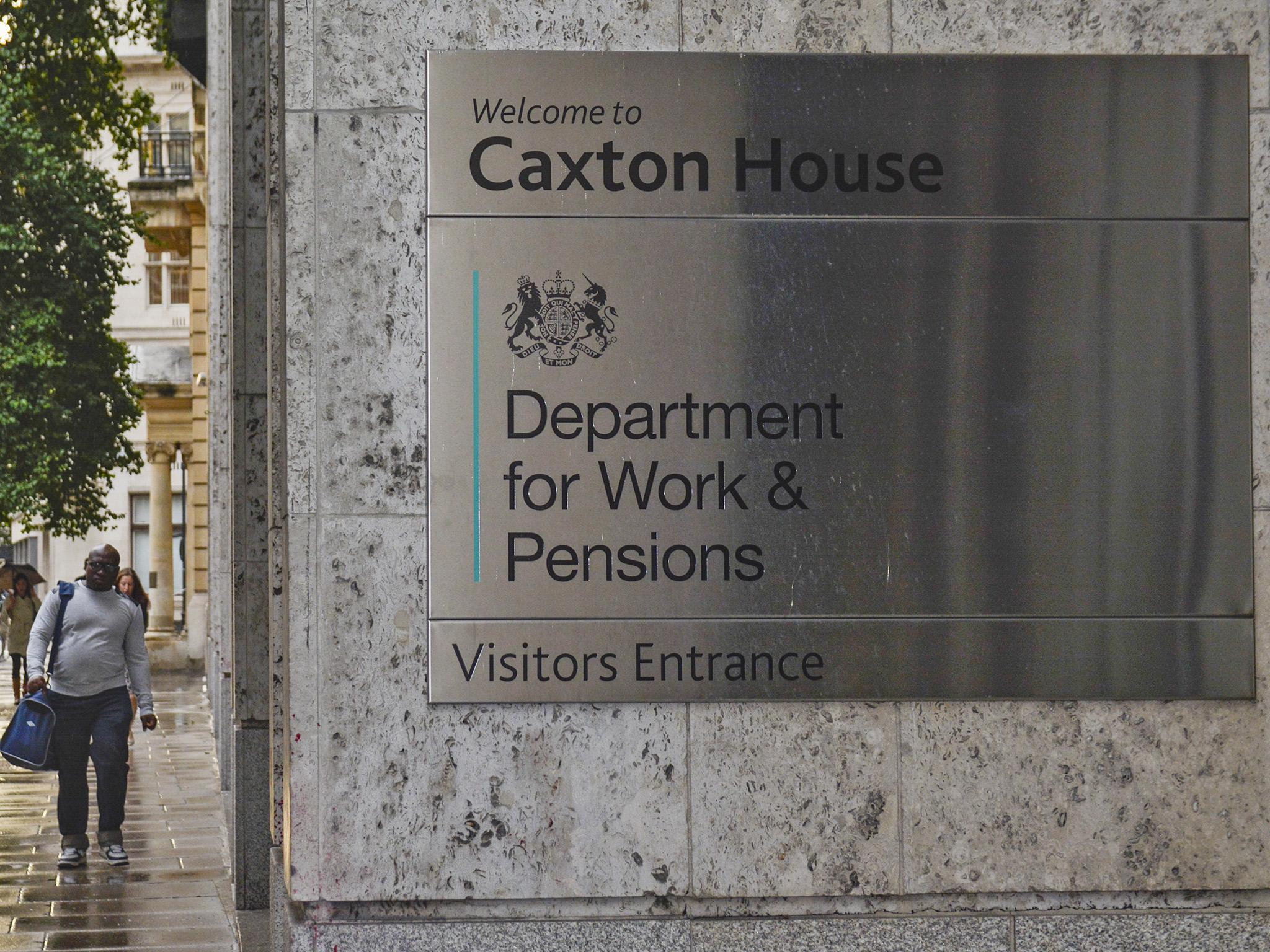Universal Credit will increase child poverty, MPs warn
Research has warned that cuts to the new benefit system undermine its stated purpose

The Government’s proposed Universal Credit benefits system will likely increase child poverty, MPs have warned.
In a backbench debate on the subject Labour MP Stephen Timms said the original purpose of the reform was being undermined by cuts.
“I believe that given the drastic cuts we’ve seen that implementing Universal Credit will now increase child poverty rather than decrease it,” he said.
The former shadow work and pensions minister argued that the policy would send child poverty to a “virtually catastrophic” level.
“The projected increases in child poverty over the next few years simply reverse the large falls seen under Labour,” he said, citing research by the Institute for Fiscal Studies.
The Scottish National Party echoed Labour’s warning. Eilidh Whiteford, the SNP welfare spokesperson at Westminster, said the policy’s original design was being undermined by cuts.
“The Tories have stripped away the very aspects of Universal Credit that might have helped incentivise work and instead are hammering low-income working families,” she warned.
“The devastating report from the Resolution Foundation published last week showed that half a million working families will be significantly worse off, even with tax allowances and the increase in the minimum wage.”
The warnings follow a report by the Resolution Foundation released last week that said the policy would leave 2.5 million families worse off, some by more than £3,000 a year.
Cuts to work allowances and cuts credit equivalent in-work benefits have been cut by the Chancellor George Osborne before the roll-out of the policy is even complete.
The policy has been beset by delays, resets, and write-off. Though originally announced under the Coalition government it is now scheduled for roll-out in 2021 – after the next general election.
Work and Pensions Minister Priti Patel said the Government remain committed to Universal Credit and said it had been “revolutionising the welfare system by focusing on making work pay”.
“Universal Credit is part of a package of reforms alongside the introduction of the National Living Wage,” she said.
“Previous debates on poverty have focused purely on the symptoms of poverty rather than the causes."
The new Work and Pensions Secretary Stephen Crabb has said he will not cancel Universal Credit and is committed to the programme.
Additionally, the Government recently changed its metric of child poverty so that it did not measure children who were reliant on low incomes, but rather those were in families with worklessness or level qualification levels.
Join our commenting forum
Join thought-provoking conversations, follow other Independent readers and see their replies
Comments
Bookmark popover
Removed from bookmarks